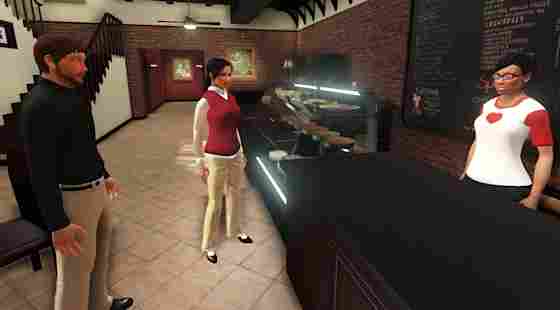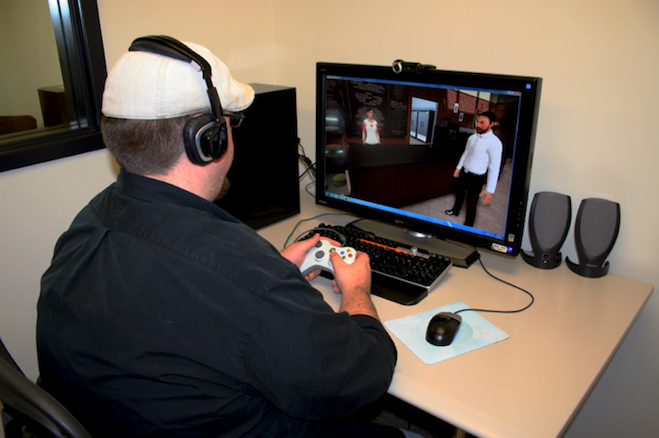“”


Center for BrainHealth
“”

Share this article
Tandra Allen, MS, CCC-SLP
Assistant Director of Research
Sandra Bond Chapman, PhD
Chief Director Dee Wyly Distinguished Professor, School of Behavioral and Brain Sciences Co-Leader, The BrainHealth Project

A clinician-driven virtual learning platform, tailored to young adults on the autism spectrum, shows improved social competency.